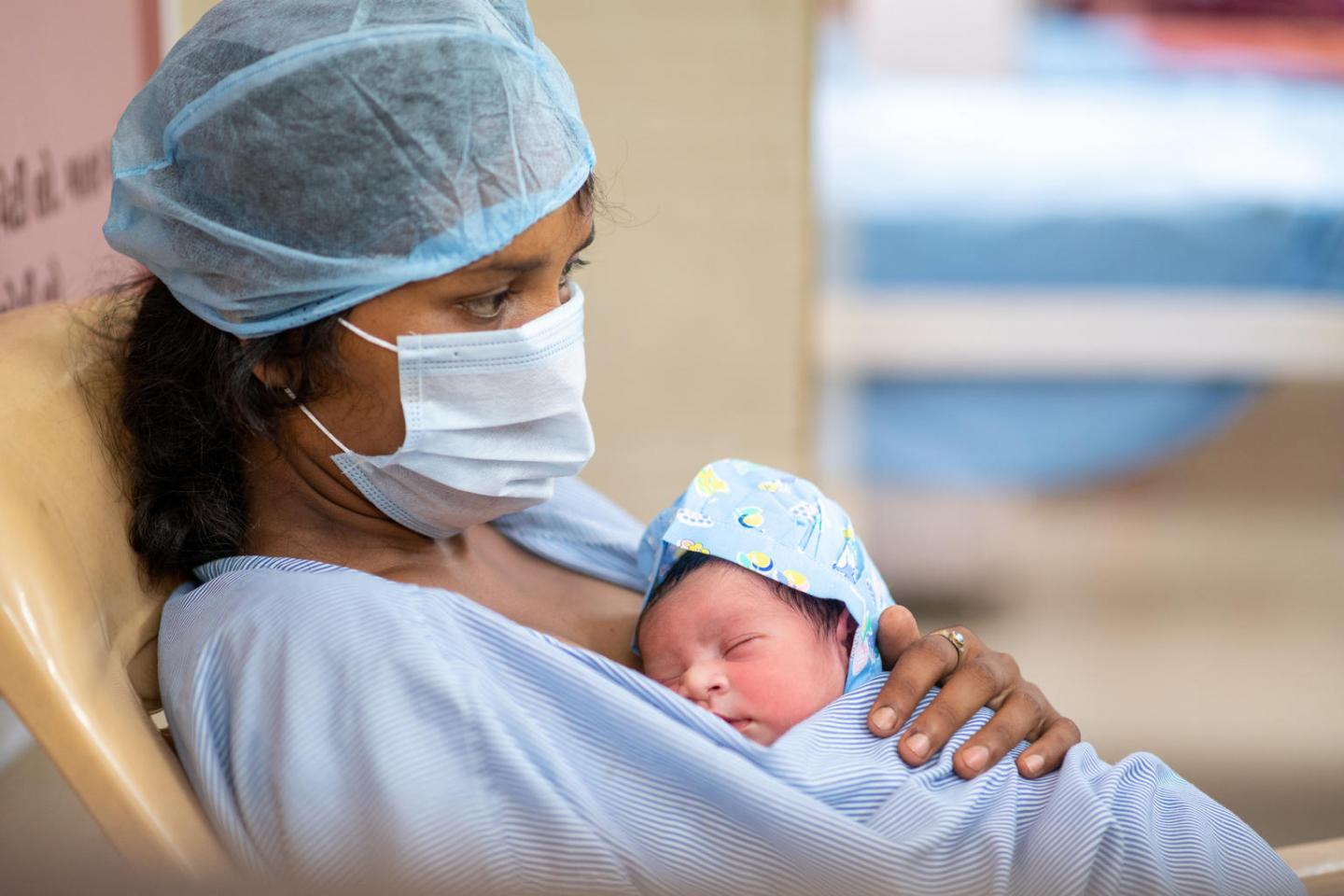Pregnancy is a sensitive time for women. Any health issue can affect it. Hence, healthcare professionals typically ask women to limit physical activity and stress during their pregnancy. Exhaustion and mental and emotional strains can be harmful to their unborn baby.
But pregnancy causes hormonal changes, making expectant mothers more prone to fatigue and stress regardless of their activities. For that reason, it seems impossible to avoid the adverse effects of pregnancy. It is a risky condition as much as it is a joyful one.
In addition, these four factors can make pregnancy riskier and childbirth more challenging:
- Being Overweight or Obese
Many health articles claim that obese women face a high risk of spontaneous preterm birth. This is a myth. The truth is obese women face a higher likelihood for indicated preterm birth, not a spontaneous one. A spontaneous preterm birth is when a woman goes into labor for no apparent reason. On the other hand, an indicated preterm birth results from induced labor.
Babies born to obese mothers face a high risk for different health problems. They might be born with heart defects, neural tube defects, or obesity. If the mother has contracted gestational diabetes, it might also develop it. If not, they might have low blood sugar and a larger body or high cholesterol.
A pregnant woman’s unhealthy weight can increase their chances of gestational hypertension. It is high-blood pressure developed during pregnancy. If the condition is uncontrolled, it might lead to a harmful complication called preeclampsia.
Overweight and obese pregnant women might also develop gestational diabetes. It is diabetes that only—but not strictly—occurs in pregnancy. It causes the unborn baby to grow to a size that might injure the mother during birth.
Hence, overweight and obese mothers are more likely to give birth via C-section. Though it is considered safe, it’s riskier than standard deliveries. Plus, C-sections are more expensive.
- Being Underweight
Underweight mothers aren’t off the radar either. A body mass index (BMI) of 18.5 or less can cause a woman to risk a premature delivery. The baby’s life can hang in the balance if born at only 36 weeks or under. If they were born at the right time, they might only weigh under 5.5 pounds. Underweight infants might face higher risks of developing other health problems as they get older.
To prevent these risks, underweight women should gain 28 to 40 pounds during their pregnancy. Women with a healthy weight should gain, too. The scale should add 25 to 35 pounds in their case.
- Asthma
Asthma affects 4 to 12 percent of women in their childbearing years. Thankfully, most methods of controlling asthma are safe for pregnant women and their unborn babies.
However, pregnancy can worsen asthma, especially severe ones. Women with mild asthma are less likely to experience aggravated symptoms. Still, asthma typically gets worse in the 24th to 36th week of pregnancy. About ten percent of women report experiencing symptoms during labor and delivery.
Expectant mothers with asthma might continue taking their medication during their pregnancy. If their medications are potentially unsafe, their allergists can prescribe a different one. Inhalers instead of oral drugs are preferred because their effects are targeted. Only small amounts of an inhaler will go into the bloodstream.
- Anemia
Pregnant women might develop anemia. But mild cases are nothing to worry about. Besides, anemia will only happen if the pregnant woman doesn’t have enough iron and other essential nutrients.
During pregnancy, women produce more blood to support their baby’s growth. Hence, their bodies might not produce the additional red blood cells their babies need with iron deficiency. In severe cases, they might risk preterm birth and aggravated asthma symptoms.
Crucial Advice
Suppose health issues and complications start affecting pregnant women’s well-being. In that case, they can talk to their doctor about safe medical abortion. It will allow them to end their pregnancy early. Abortion isn’t an escape in these situations but a potential life-saver.
It is crucial to have access to safe abortion because terminating pregnancy through unaccredited means can harm women’s lives. In addition, abortion from reputable clinics provides an environment free of judgment and stigma. It respects women as decision-makers, making them the master of their bodies.
Moreover, designated abortion clinics continue providing care even after the procedure. Women can continue consulting their doctors about the impact of abortion on their health issues. They wouldn’t receive such high-quality care if they aborted their babies through an illegitimate abortionist.
That said, pregnant women with health issues are free to prioritize their well-being. If ending their pregnancy feels safer for them, it should be an option. But if they want to proceed with their pregnancy, they must do so while acknowledging and preparing for the risks.
